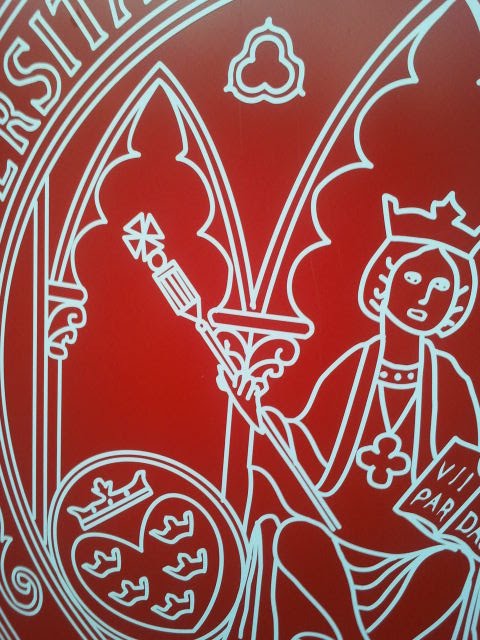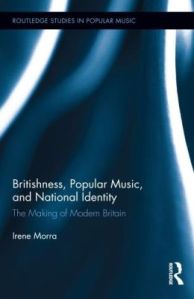Resolución del Rector de la Universidad de Murcia R-296/2014 por la que se ordena la publicación en el Boletín Oficial de la Región de Murcia del Reglamento de Doctorado.
Author: perezparedes
Full text: Researching uses of corpora for language teaching and learning ReCALL, 26, 2, 121-127.
ReCALL special issue: Researching uses of corpora for language teaching and learning
Editorial: Researching uses of corpora for language teaching and learning
ALEX BOULTON
University of Lorraine and CNRS, France
(email: alex.boulton@univ-lorraine.fr)
PASCUAL PÉREZ-PAREDES
Universidad de Murcia, Spain
(email: pascualf@um.es)
Boulton, A. Pérez-Paredes, P. 2014. Editorial: Researching uses of corpora for language teaching and learning. ReCALL, 26, 2, 121-127.
Full text: Researching uses of corpora for language teaching and learning ReCALL, 26, 2, 121-127.
ReCALL special issue: Researching uses of corpora for language teaching and learning
Editorial: Researching uses of corpora for language teaching and learning
ALEX BOULTON
University of Lorraine and CNRS, France
(email: alex.boulton@univ-lorraine.fr)
PASCUAL PÉREZ-PAREDES
Universidad de Murcia, Spain
(email: pascualf@um.es)
Boulton, A. Pérez-Paredes, P. 2014. Editorial: Researching uses of corpora for language teaching and learning. ReCALL, 26, 2, 121-127.
Book Review: Britishness, Popular Music and National Identity by Irene Morra
The opening and closing ceremonies of the London 2012 Olympics were essentially pageants of British pop, tracing a national cultural history from The Beatles to Dizzee Rascal’s Bonkers. This is a key piece of evidence in Irene Morra’s argument that popular music is now widely regarded as the most important signifier of British national identity. Pop is valued as an authentic articulation of the lives and feelings of ordinary people, of a common heritage, it speaks of a ‘history of progressive expression and innovation’; consequently, it is a source of patriotic pride, bolstered by its importance in export markets and the role it plays in globalised demonstrations of ‘soft power’. In the 1990s, ‘Britpop’ was hailed as a ‘British Invasion’ echoing the world-conquering antics of the Beatles in the 1960s, and groups as diverse as the Spice Girls and Oasis adorned themselves with the Union Flag. Coming to power in the midst of this renaissance, Tony Blair declared that ‘Rock ‘n’ Roll is not just an important part of our culture, it’s an important part of our way of life.’
A review of Fluency in Native and Nonnative English Speech
Pérez-Paredes, P. (2014). A review of Fluency in Native and Nonnative English Speech. Studies in Corpus Linguistics, 53. Amsterdam: John Benjamins, 2013. 238 pp. ISBN 978-9-027-203588. ICAME Journal.
Read the review.
A review of Fluency in Native and Nonnative English Speech
Pérez-Paredes, P. (2014). A review of Fluency in Native and Nonnative English Speech. Studies in Corpus Linguistics, 53. Amsterdam: John Benjamins, 2013. 238 pp. ISBN 978-9-027-203588. ICAME Journal.
Read the review.





